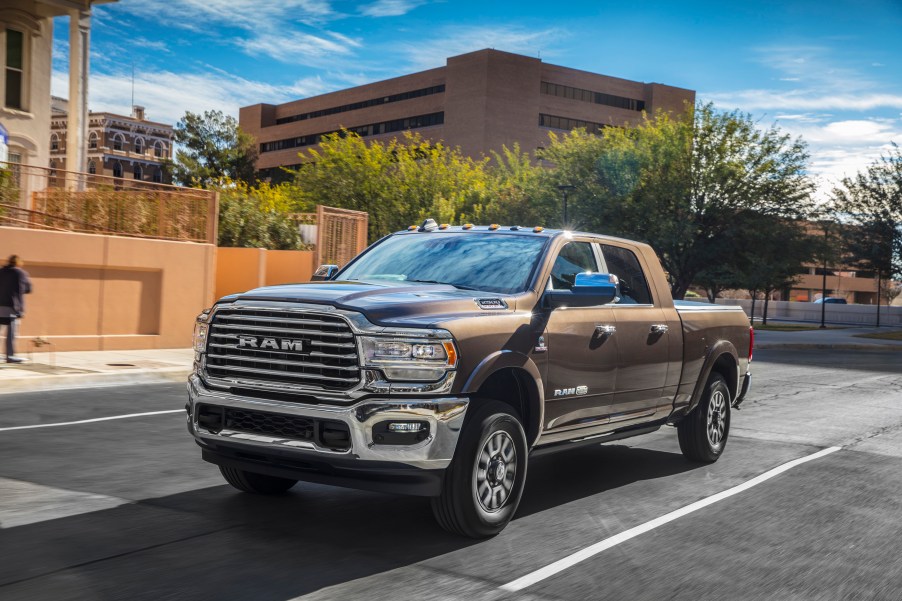
What Happens If You Don’t Change Your Oil?
When you buy a vehicle, whether it’s new or used, you have the responsibility of keeping it running strong for as long as you own the car. If you don’t perform regular maintenance, you risk causing damage to some of your vehicle’s parts. You can replace them, but some will cost you more than you want to pay, namely your car’s engine.
It’s important to perform regular oil changes to keep the motor running as well as it did when you purchased it. Changing the oil is an essential part that you shouldn’t take lightly because if you fail to do it on time, you can have a costly disaster on your hands. Engineering explained discusses why oil changes are important.
What does oil do for your engine?
Mostly, the main job your motor’s oil has is to keep the moving parts of your engine lubricated, so they can run smoothly. The oil pump will send the oil through the filter where it will move on to the motor’s bearings, pistons, valve train and other parts of the engine. It then goes back to the oil pan where it will get recycled and pushed through the filter and the engine parts all over again.
But, that’s not exactly its only purpose. Engine oil has certain properties, within it, that provide the protection your motor needs. Without it, the metal parts will rub on other metal parts, damaging the engine as it goes.
What does the oil protect the engine from?
Your engine’s oil contains additives that will keep all the inner parts clean and friction-free while reducing air bubbling in the liquid. Motor oil has antioxidants to reduce oxidation, which causes the oil to breakdown and the motor to wear out faster. It also has detergents that prevent corrosion of the metal surfaces, and dispersants that bond to carbon deposits, and other debris, keeping them away from the motor and sending them into the filter where they will get trapped.
There’s also zinc, an anti-wearing agent. This mineral becomes a barrier preventing parts from wearing out too quickly, while foam inhibitors work to reduce bubbling within the oil. Otherwise, the oil pressure would lower and protection would diminish until parts started to breakdown and cease.
What happens when you don’t change your oil on time?
Firestone Auto Care calls the oil the “lifeblood of your vehicle”. Failing to change the oil and the filter on time means you’re running your motor with essentially dirty oil. Dirt and debris in an engine are normal, but it’s supposed to get cycled through the oil filter which will catch the contaminants and keep them there. If the filter is too full of debris, dirt and grime will pass through and get cycled back into the engine over and over until the oil and filter get changed. Contaminants in the oil will cause the motor’s moving parts to wear down, and they’ll ultimately break, damaging the engine.
Normally, the motor will burn off the small amount of lubricating oil that gets into the valve chambers. It’s not a problem until the engine burns off most, if not all, of that oil. Regular oil changes will ensure that never happens because you replenish the oil supply with fresh material long before that old oil would get used up. Also, the used oil will eventually turn to sludge, which is too thick to run through your engine. Without smooth oil running through your motor, you’ll end up with friction, which will slow down its performance.
Changing your oil on time is essential if you want to keep your vehicle running as long as you own it. It can also alert you to any potential problems brewing with your engine, that you weren’t aware of, especially if you haven’t been checking the oil level in between changes. In most cases, catching those issues early can save you a lot of money in the long run. Perform regular maintenance, because the cost of maintaining a car is much lower than the cost would be to repair extensive damage, especially if you could’ve avoided it.


